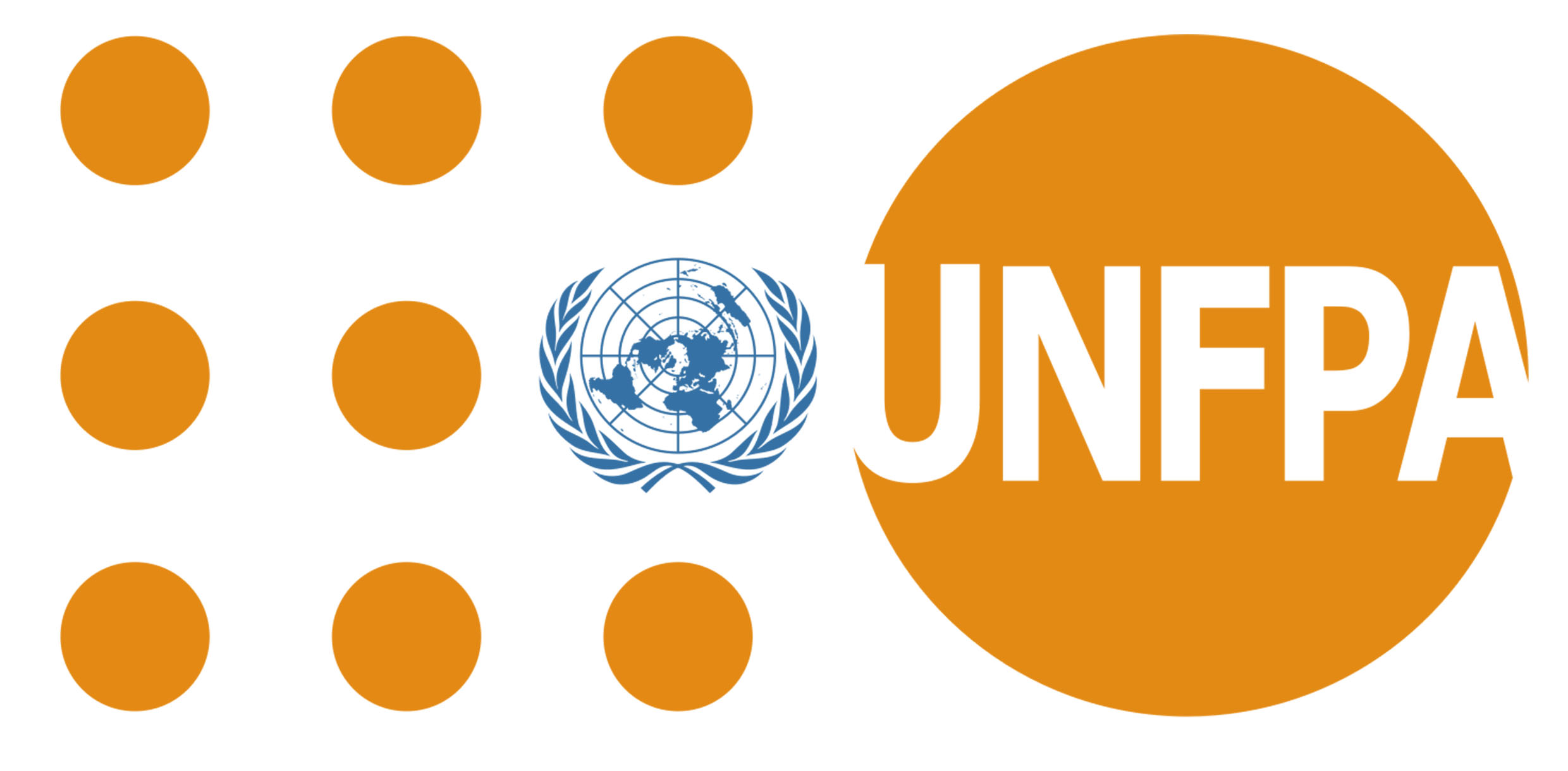
Is it possible to acquire a different strain of HIV if you already have the virus? The answer is yes.
What is HIV Re-infection
HIV re-infection, also known as superinfection, occurs when an individual living with HIV becomes infected with a new strain of the virus that is resistant to their current antiretroviral therapy (ART). This can happen through unprotected sex with a partner who has a different strain of HIV or through sharing needles with someone who has a different strain.
Is HIV Re-infection a Cause for Concern
Re-infection is a concern because it can lead to treatment failure and the development of drug-resistant strains of HIV. It can also complicate treatment options and impact the progression of the disease. People who are re-infected with HIV may also experience more rapid disease progression and a higher viral load.
Preventing Re-infection
Preventing re-infection is important for people living with HIV. It is also important for individuals living with HIV to communicate openly and honestly with their healthcare providers about their sexual practices and any potential risk factors for re-infection. This can be achieved by practicing safe sex which includes;
- Using condoms consistently and correctly
- Avoid sharing needles.
- Maintaining adherence to ART.








